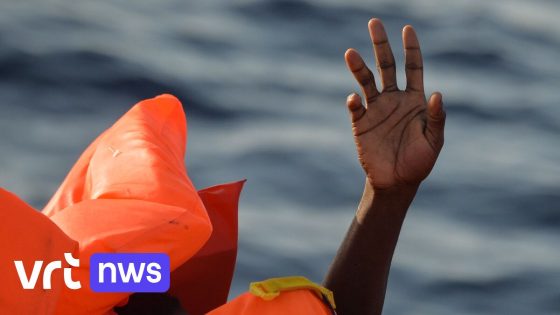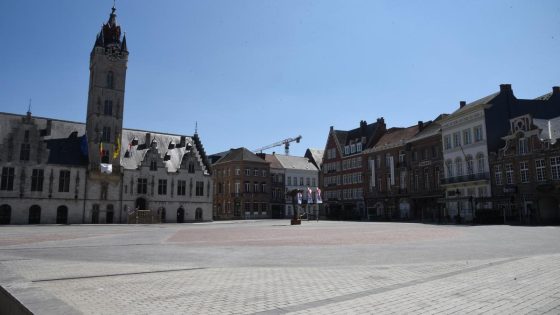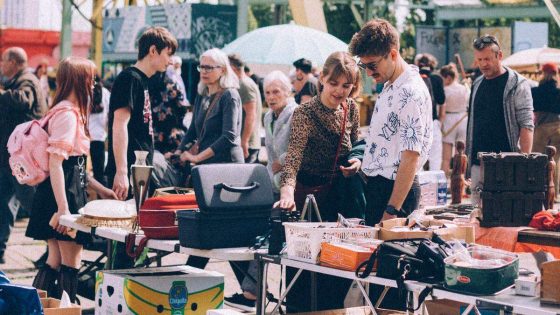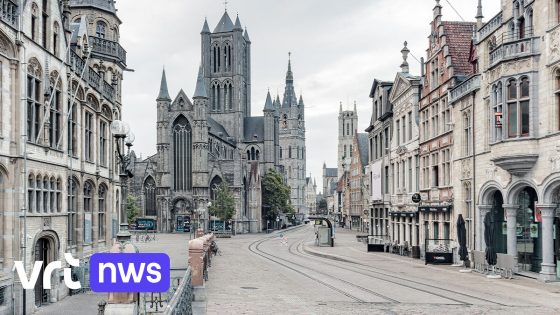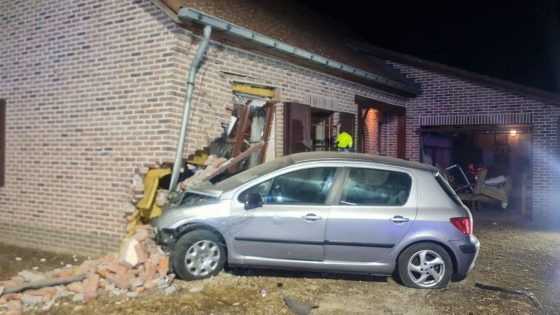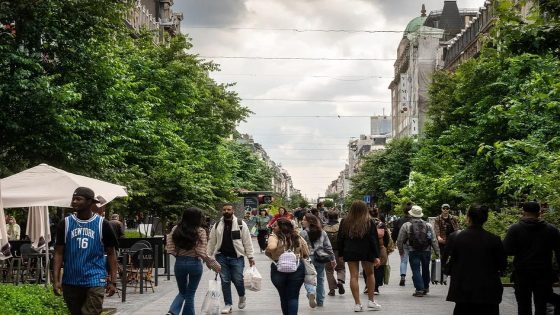Five bodies were found off the coast of the Spanish Balearic Islands in recent weeks, raising urgent concerns about migrant crossings in the Mediterranean. The Guardia Civil reported that the hands and feet of the victims were bound, suggesting they attempted a dangerous boat journey to reach Europe. Some wore orange life jackets, indicating their desperate bid for safety.
- Five bodies found off Spanish Balearic coast
- Migrants' hands and feet bound together
- Victims likely tried reaching Europe by boat
- Some migrants wore orange life jackets
- First body discovered May 18 near Formentera
- Guardia Civil recovered all reported bodies
The first body was recovered on May 18, after a Belgian ship reported a floating figure west of Formentera. In the days that followed, four more bodies were discovered across the Balearic Sea. This tragic News was confirmed by Spanish authorities on 2025-06-24 14:30:00, highlighting ongoing risks for migrants attempting to cross these waters.
What does this mean for Belgium and its maritime community? How can local vessels play a role in early detection and rescue efforts? The situation demands attention and action, especially from countries connected to these routes.
Why are these crossings so perilous, and what can be done to prevent further loss of life? The following points shed light on the ongoing crisis:
- Migrants often use unseaworthy boats to reach Europe, increasing drowning risks.
- Belgian vessels in the Mediterranean can aid early detection and reporting of emergencies.
- Coordination between European coast guards is crucial for timely rescues.
- Human trafficking networks continue to exploit vulnerable migrants seeking safety.
As migration challenges persist, Belgium and European partners must strengthen cooperation and support rescue missions to save lives. How can Belgian authorities enhance their role in this critical humanitarian issue?



